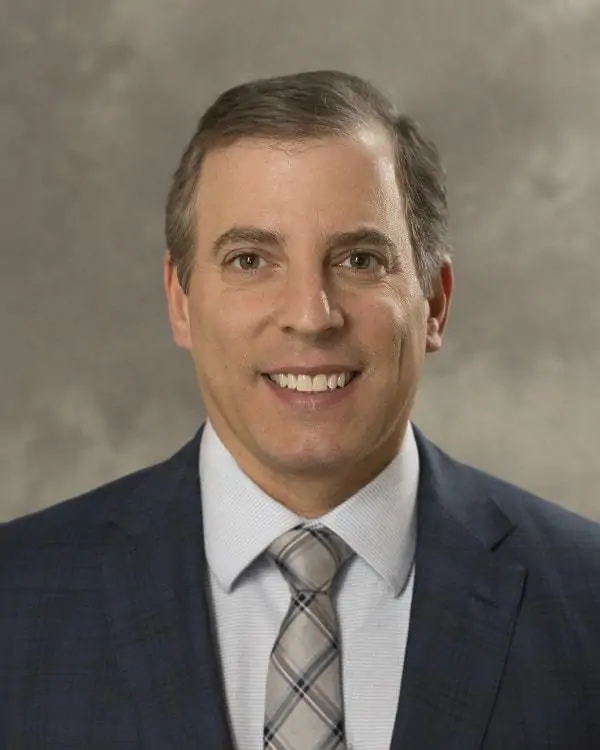When most people think of October, we doubt they immediately think of their teeth. In fact, they might not think about teeth at all except if a piece of Halloween candy does some unexpected damage. That’s where we’re a little different. At our dental office in Lyndhurst, when we think of October, we think of National Dental Hygiene Month, our dental hygienists, and their dedication to keeping patients’ mouths healthy.
About National Dental Hygiene Month
Every October, the dental community celebrates National Dental Hygiene Month. Sponsored by the American Dental Hygienists’ Association (ADHA) and the Wrigley Oral Healthcare Program (WOHP), National Dental Hygiene Month is designed to increase awareness of how proper dental hygiene is crucial to maintaining a healthy mouth and healthy body. According to the American Academy for Oral Systemic Health (AAOSH) there is a link between oral health and several whole body concerns such as heart disease, diabetes, stroke, and others.
The Daily 4
The main focus of National Dental Hygiene Month this year is on the top four necessary components of a proper at home oral hygiene routine. These four aspects include:
- Brushing
- Flossing
- Rinsing
- Chewing
Read on to learn more important information from your dentist in Lyndhurst…
Brushing
We all know we should brush our teeth everyday, but according to American Dental Association (ADA), there are certain guidelines you should follow to get the most out of your brushing routine. Make sure to brush twice a day for two minutes each. You should select a soft-bristled toothbrush and a small, gentle circular motion instead of a back and forth scrubbing technique to reduce potential damage to your enamel.
Flossing
Sometimes we’re asked if flossing is really necessary. The short answer? Absolutely. Why? We’re glad you asked. When you only brush your teeth and don’t floss you’re missing out on cleaning about 35% of each tooth. That’s a lot of opportunity for bacteria to get comfy and start the decay process. Make sure you’re removing as much bacteria and plaque as possible by flossing in between each tooth and up under the gum line.
Rinsing
Mouthwash may seem like an unnecessary part of an oral healthcare routine. However, the right product can help reduce bad breath, gingivitis, decay, and plaque. Look for one that has the ADA Seal of Acceptance. This means the product has been scientifically tested and evidence supports the claims made on the label.
Chewing
Brushing your teeth after you eat is ideal, but we realize that may not be possible for everyone all the time. When you can’t brush after a meal, chew a piece of sugarless gum instead. Chewing gum helps produce saliva which aids in neutralizing bacteria that may be left over from your meal.
We encourage every one of our patients and neighbors to follow The Daily 4 diligently for a healthy, happy mouth. However, it’s still important to maintain dental cleanings and bi-annual appointments with your dentist. These visits help remove stuck-on plaque or tartar that you just can’t get at home and ensure there are no problems lurking in your mouth. If you’re looking for a new dental team, we’re always accepting new patients and would love to see you. Give our Lyndhurst dental office a call to schedule an appointment.

